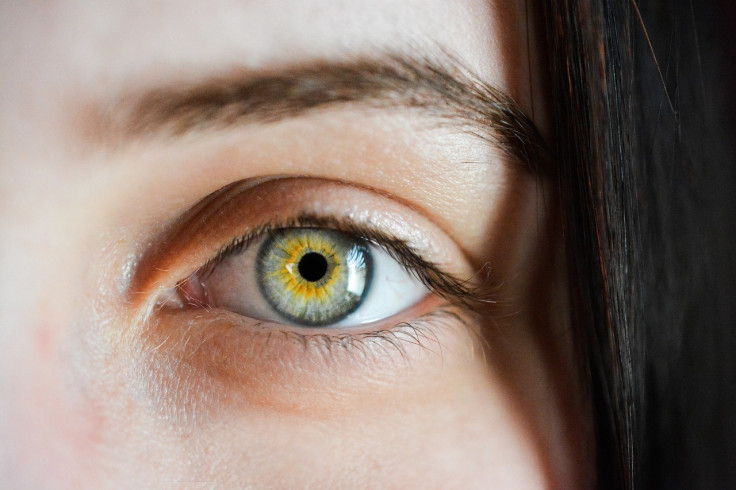People Having Ability To Judge Trustworthiness Only By Looks Is 'Unfounded': Study
KEY POINTS
- Researchers conducted a study to see if people can really judge trustworthiness by looks
- They found that participants "had little ability" to guess others' trustworthiness
- Instead, the participants' judgments were based more on stereotypes
There are some people who pride themselves in being able to judge others' trustworthiness simply based on how they look, but is there really merit to their judgment? Researchers conducted a study to find out, and they're "skeptical."
For their work, published in Political Behavior, a pair of researchers conducted a study to find out whether people can really accurately judge others' "trust and trustworthiness" based on their appearances.
"Many people claim to be able to read their counterparts in bargaining settings; there is little doubt that this would be a valuable skill... How often do they get it right?" they noted, as per Rice University.
To find out, the researchers asked participants to view photos of people who made decisions in previous experimental trust games. They had to guess the people's levels of trustworthiness and were incentivized for correct guesses.
The incentives, the researchers noted, were to "eliminate averaging across guesses." This also helped control for the potential impact of "shared identity" between the participant and the observed photos in their decision-making.
"We suspect that the incentivized task for the subjects trumped the potential for shared identity to impact behavior," they wrote.
The results showed that the participants "had little ability" to guess others' trustworthiness accurately. Instead, it appears that their judgments were based more on stereotypes, making their assessments based on characteristics such as skin color, gender and attractiveness.
People's belief that they have the ability to judge trustworthiness merely based on appearance, the researchers said, is then "unfounded."
Can you judge trustworthiness based on looks? @RicePoliSci and Texas A&M research says no. Read more about this fascinating work co-authored by Rice political scientist Rick Wilson: https://t.co/Sxii51zoG8 pic.twitter.com/rWGyDFV8Kp
— Rice University News (@RiceUNews) January 23, 2023
"Our results revealed that people are fooling themselves when they think they can predict trustworthiness from appearance alone," one of the study authors, political scientist Rick Wilson of Rice University, said, as per the university release.
In a similar study in 2022, the researchers also found that the participants' trust decisions and predictions were "unrelated to the actual trustworthiness of counterparts." This suggests, the researchers noted at the time, that people can't actually determine strangers' trustworthiness based on facial appearance if it's the only information that's given to them.
"While people are confident in their ability to quickly read the faces of others, they rarely do better than chance," the authors of the current study wrote, noting that they're "skeptical."
"(E)fforts to reduce the impact of stereotypes on inferred trustworthiness may improve the efficiency of trust-based interactions."

© Copyright IBTimes 2024. All rights reserved.






















